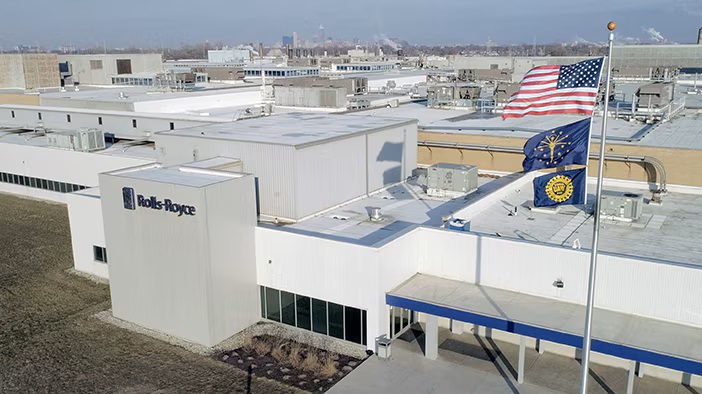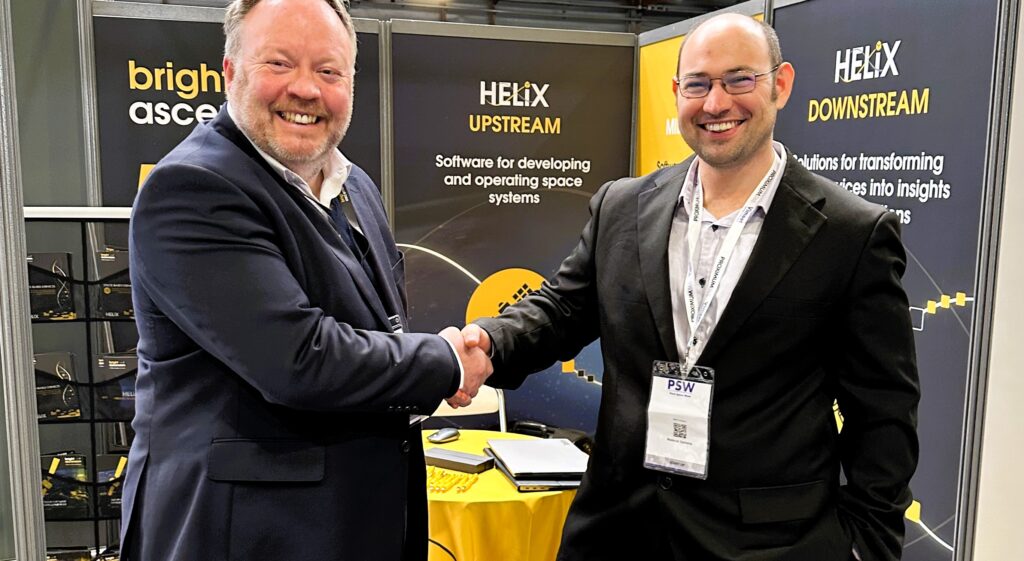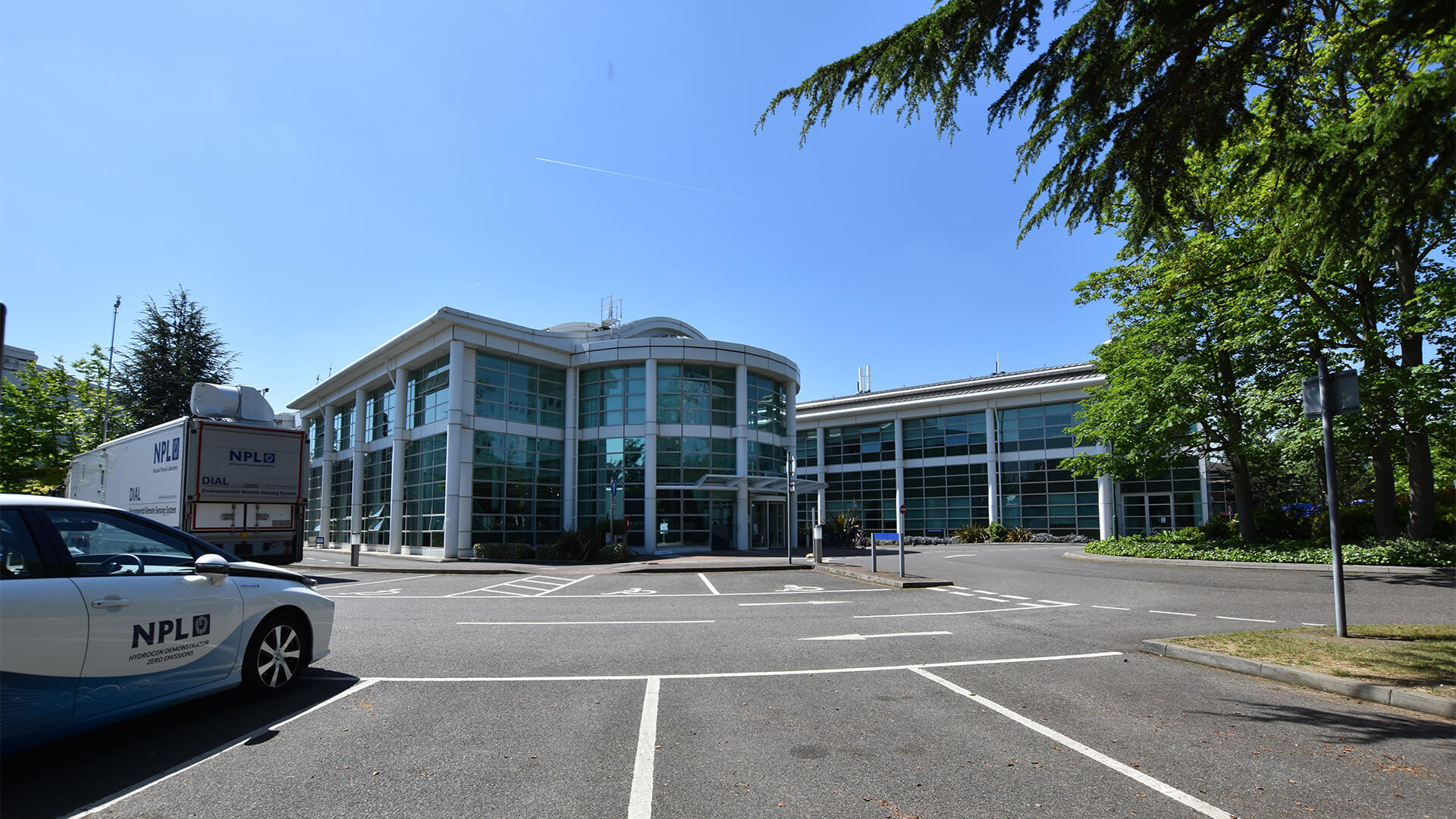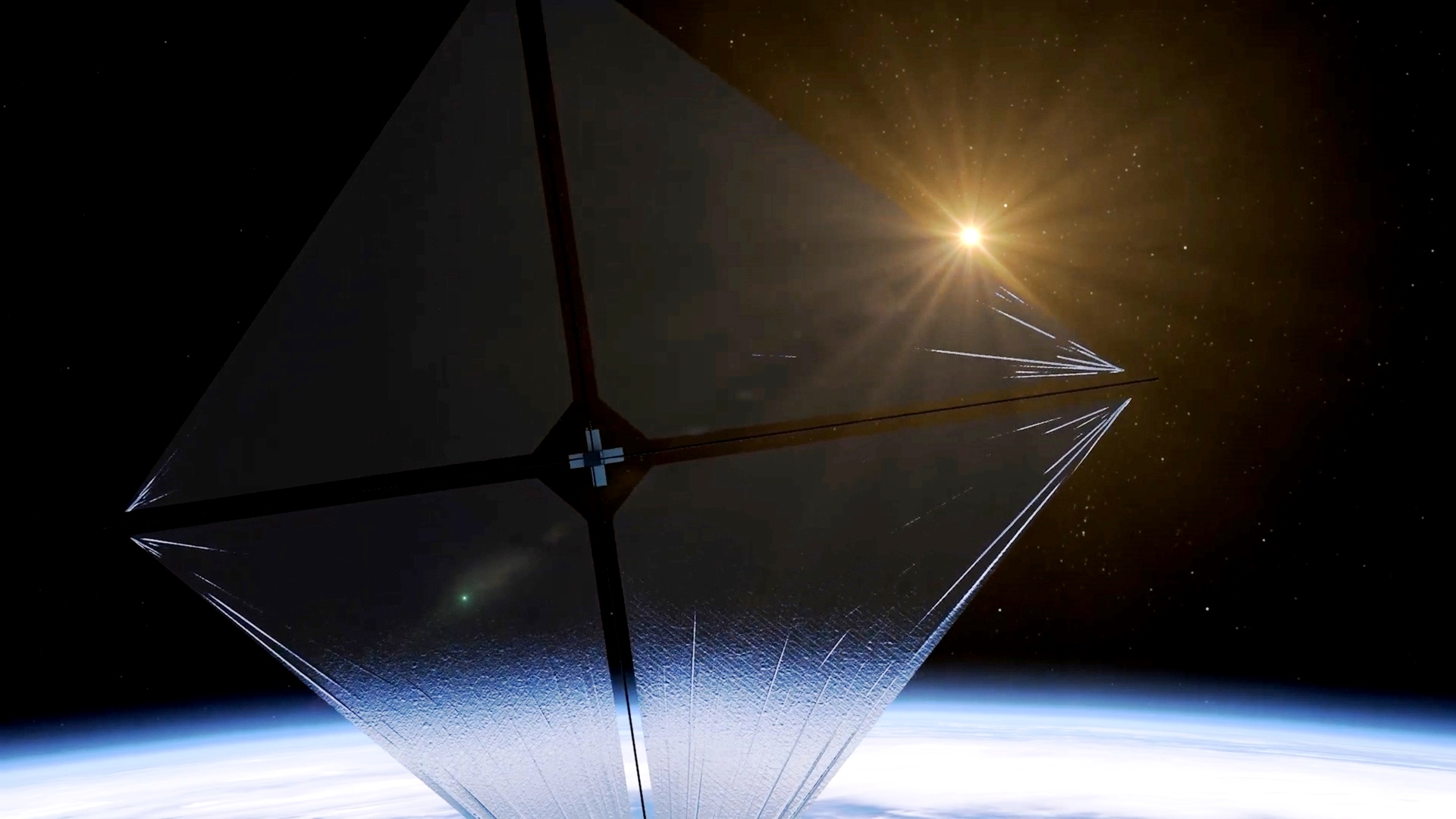QinetiQ's microgravity oil experiment launches on Chinese rocket

Above:
SCCO was launched from the Jiuquan Space Launch Centre, China.
Photo: ESA
The Soret Coefficients in Crude Oil (SCCO) experiment, launched on 6 April 2016, will orbit Earth for two weeks on board China’s SJ-10 Shi Jian satellite.
Upon its return to Earth, the equipment will be retrieved and the data examined. The findings could help to improve oil extraction rates from reservoirs deep underground.

Above:
Open SCCO box showing the six titanium high-pressure cells.
Photo: ESA
Ronald Kassel, Project Manager at QinetiQ, explained: “SCCO is an experiment that measures the Soret effect, a phenomenon where fluids in a mixture react differently when exposed to heat or cold, causing them to separate.
“To understand how the experiment works, imagine a mixture of water and oil in a glass. On Earth, under the influence of gravity, the oil floats on the water due to the difference in buoyancy.
“The SCCO equipment does something similar, but removes gravity from the equation and examines the effect of temperature instead.
“If you fill a tube with a mixture of fluids and create a temperature difference between the two ends, the fluids will rearrange themselves, with some closer to the cold side and some closer to the hot side.
“An SCCO fluid cell is a pressurised tube containing a millilitre of oil, with a hot end, a cold end, and a valve in between. We bring these tubes into microgravity and apply the temperature gradient. After sufficient time the valve is closed, allowing the separation to be studied.”
“The focus of the experiment is the impact of the Soret effect on crude oil. The oil industry uses complex computational models to exploit oil fields, so the results will be used to examine the impact of the Soret effect on their calculations. Refining these models and improving their accuracy could help to increase yields from reservoirs on Earth.”
“SCCO will fly on the unmanned Chinese SJ-10 capsule, which will remain in low earth orbit for 10 to 14 days before being forced back in to the atmosphere for controlled re-entry and recovery. The experiment is conducted fully automatically, although we do have the option to intervene from the ground if needed.
“The reasons for automation are mostly safety and cost. The pressure in the cells – among the highest of any item launched into space – and the nature of the fluid inside mean additional safety reviews and complex analysis equipment would be needed for manned spaceflight. Automation greatly reduces the cost associated with these.”

Above:
A single titanium cell – one of the highest-pressure items ever launched into space.
Photo: ESA
Ronald emphasised the importance of the mission for collaboration across the international space industry: “This cooperative project with China marks another step forward for international collaboration across an increasingly globalised space industry.
“QinetiQ’s track record of defining complex mission requirements, integrating systems from multiple suppliers, and developing technology for manned and unmanned carriers, puts us in a strong position to capitalise on this trend.
“Adding this new platform will enable us to offer our customers an even more developed portfolio.”













